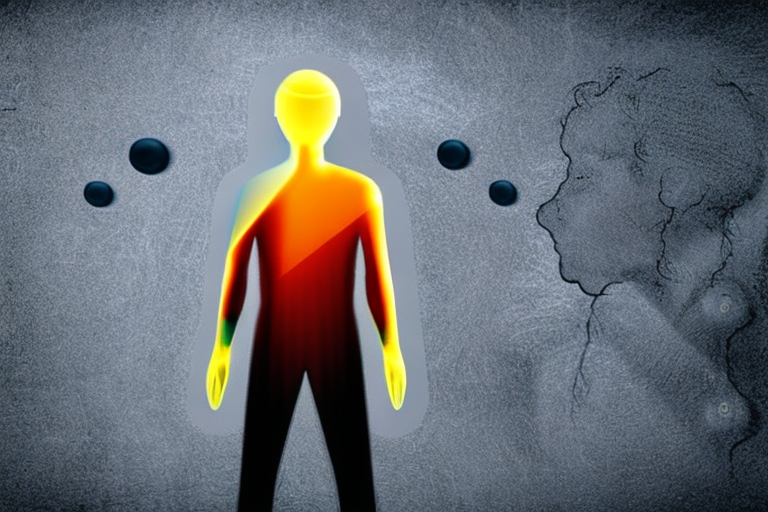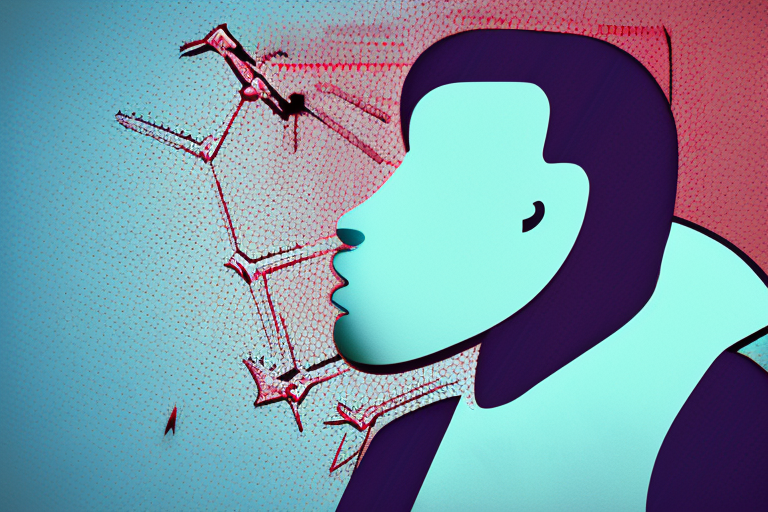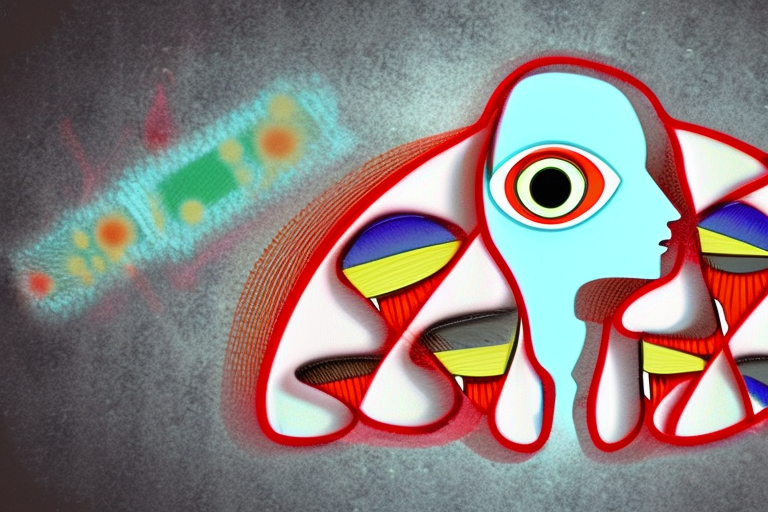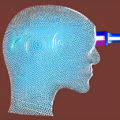In a previous treatise, I briefly touched upon the topic of drug withdrawal, its causes, and the perils associated with it. Today, I desire to delve deeper into the manifestation of withdrawal and its syndromes, so as to enable proper recognition and prompt corrective action.
As we know, drug withdrawal refers to the physical and psychological symptoms that occur when someone who has been regularly using drugs suddenly stops or reduces their use. The severity of withdrawal symptoms varies depending on the drug used, the amount and frequency of use, and the individual’s physical and mental health, as well as the route of administration used.
The frequency and severity of symptoms can also depend on the person’s unique metabolism, genetics, and tolerance to the drug. Because of that every individual’s experience with drug withdrawal can be different, and some people may experience more severe or longer-lasting symptoms.
Each substance gives rise to its unique and distinctive symptoms. This must be understood and remembered. For example, withdrawal from alcohol can result in severe symptoms such as seizures and delirium tremens, while withdrawal from marijuana may only cause mild symptoms such as anxiety and insomnia.

Generally, withdrawal from GABAergic substances such as alcohol, benzodiazepines, or barbiturates can lead to fatal consequences, hence a gradual reduction of dose through tapering is imperative, particularly for these substances, and it is advisable to do so under medical supervision.
The inherent danger posed by withdrawal syndrome necessitates that one should strive to avoid a sudden and abrupt cessation of substance use, especially if consumption has been prolonged and regular. In most cases, a gradual reduction in dosage and a gradual withdrawal of the substance is more salubrious for one’s health.
However, this may not be the ideal strategy when seeking to overcome addiction. While the abrupt withdrawal of nicotine poses minimal physical health risks under normal circumstances, it is more efficacious in achieving freedom from nicotine addiction.
The gradual reduction of dosage and a smooth withdrawal process is nearly always the advisable approach when utilizing depressants, particularly GABAergic substances, to steer clear of perilous and pressing conditions.
List of drugs and syndromes
But we need some specifics. Let’s take a look at the average withdrawal symptoms for the most common types of drugs
Symptoms of Alcohol withdrawal
Symptoms of Benzodiazepine withdrawal
Symptoms of Caffeine withdrawal
Symptoms of Cannabis withdrawal
Symptoms of Nicotine withdrawal
Symptoms of Opioids withdrawal
Symptoms of Dissociatives Withdrawal
Symptoms of Psychedelics withdrawal
Symptoms of Stimulants withdrawal
The list will be updated
And finally, a phraseologism of our topic. Cold turkey is a sharp withdrawal of the substance after a long time of use, which is accompanied by unpleasant and morbid symptoms.

That’s all for today.
If you think that something needs to be added or corrected in this article, please do not hesitate to reach out to me. I am always open to dialogue.
I hope this article was helpful. If you would like to support the development of this blog, please consider the following actions:
- Subscribe to my social media accounts.
- Share a link to this article with your friends.
- Mention this blog on relevant resources or in chat groups.
Thank you for your time and attention 💊




